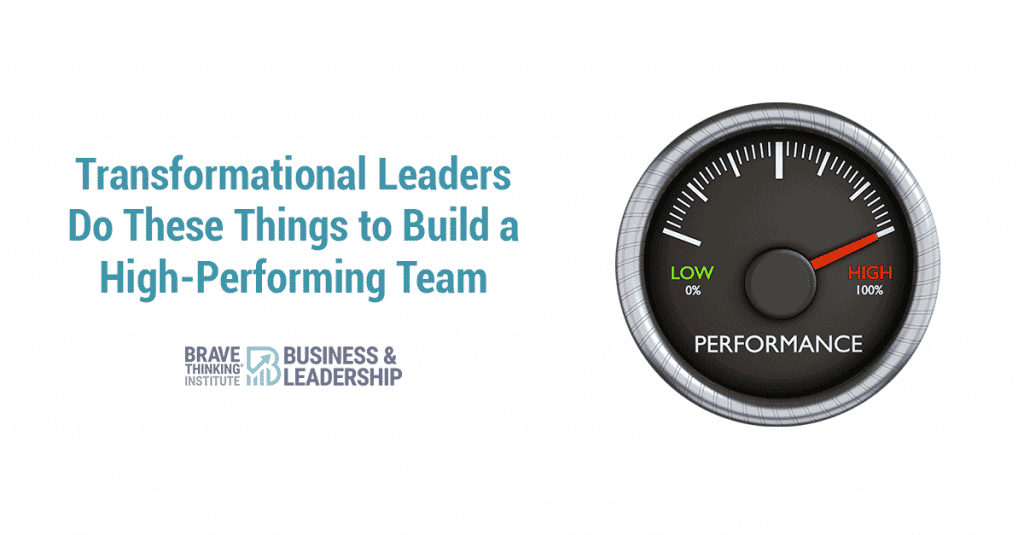Use The Power of Optimism to Transcend Worry, Anger and Fear
When it comes to leadership styles, most leaders tend to live by the phrase “never let them see you sweat.”
It’s the idea that no matter what obstacles come your way, or troubles you face, it’s your burden to bear.
After all, as the leader, it’s our responsibility to take on the big stuff:
Big moves
Big changes
And yes, big problems.
Your team looks to you for guidance, so it stands to reason that you should always appear calm, cool and in control no matter what comes your way, right?
Well, not exactly…
This concept sounds good in theory, but it often falls short in practice for one simple reason:
You’re busy putting on a brave face, but all the while that pressure is building up behind the scenes!
And sooner or later, that pressure will find an outlet…
For some people, it happens in the form of a blow up at an employee, a family member, or even a complete stranger. On the other hand, others may retreat into themselves, becoming cut off and isolated as a method of coping.
No matter the reaction, it all equates to one outcome — a serious toll on your mental, and even physical health, and your ability to effectively lead your team…
We’ve dedicated the past several weeks to studying and applying the 10 Promises of The Optimist Creed, by Christian D. Larson.
This week we’re exploring the 10th and final promise of the creed which delves into the idea of transcending negative concepts of fear, worry, anger and stress — rather than attempting to shoulder them. This is true leader power!

Leadership Promise #10 states:
“I promise myself to be too large for worry, too noble for anger, too strong for fear, and too happy to permit the presence of trouble.”
If you haven’t yet already, be sure to go back and explore Promise #1, Promise #2, Promise #3, Promise #4, Promise #5, Promise #6, Promise #7, Promise #8, and Promise #9.
Use this Leader Power to Cultivate Mindful, Intentional Experience
To better understand Promise #10, we’re going to break down each aspect of the promise into its individual parts that will help you tap into leader power.
1. I promise myself to be too large for worry…
The idea here isn’t necessarily that we aren’t smart or calculated or strategic in taking care of things that need to be taken care of. However, there’s a difference between making decisions that we know will help mitigate unnecessary risk and worrying about things.
Worry is defined as “to give away to anxiety or unease, allow one’s mind to dwell on difficulty or troubles.” It’s an overwhelming concept, and naturally, the idea of dwelling on difficulty or troubles is not in alignment with being optimistic.
So what do you do in a moment where your mind wants to worry? Well, you can’t just eliminate or vanquish a thought. You need to replace it.
When I find myself moving into a state of worry, I think of the idea of being “too large,” and I ask myself, “what am I connected to that’s larger than my worry?” In my case, it’s my higher power — my connection to the infinite, or what I call God.
By replacing my worry with my connection to God, I’m able to move into faith. And with faith, I know that no matter what, everything will be okay in the end.
Action Step: Ask yourself what it is you connect with that is larger than any worry. It could be God, the universe, or anything you believe in. The next time you catch yourself with these anxious thoughts, fall back on that connection and feel yourself become too large for worry.
2. I promise myself to be too noble for anger…
To be noble is to have or show fine personal qualities of high moral principles and ideals. In other words, being noble means being aligned with your core values.
For example, two of my core values are love and care. When I am being noble, I am in alignment with those core values. By contrast, anger is a strong feeling of annoyance, displeasure, or hostility.
When you find yourself feeling annoyed or displeased with what’s going on, the noble action is to intentionally move into a state of gratitude. Because no matter what situation you’re in, there will always be a seed of good to find if you’re really looking for it. And remember that whatever we’re focused on expands.
Action Step: Identify 2-3 of your core values and write them down. The next time you feel yourself moving into anger, remind yourself of those values and then look for the good in the situation around you. It doesn’t have to be big. Just find one good thing and focus your energy on it. Be grateful for it, celebrate it and talk about it — and watch the feeling of good will grow in you.
3. I promise myself to be too strong for fear…
Strength is a concept that I think many people misunderstand. Strength does not mean that you never feel afraid or intimidated. Quite the opposite. Strength is the idea that you are ready and able to meet fear head on whenever it arises.
Similarly to the first section of Promise #10 — being too large for worry — being too strong for fear is driven by our faith and reliance on something much larger than ourselves.
Action Step: Take a minute now and think of a few things that scare you. For each fear, I want you to think of the underlying reason, or root cause, why these things frighten you. Then connect with the power you believe in and imagine handing over each fear and feel as each one lifts from your mind. This is a great tool to source leader power.
4. I promise myself to be too happy to permit the presence of trouble…
The idea behind this part of the promise is that we have the power to cultivate happiness, or joy, at any time. And we do that in much the same way as we overcome worry or anger. The way to eradicate anxiety or difficulty is to emotionally replace it with joy or happiness.
I know what you’re thinking — “John, how on earth am I supposed to do that?” Well, you start by shifting your perspective.
Mary Morrissey often tells the story of one of her “bonus” children — an amazingly beautiful young man who’s on the spectrum.
One day, he comes up to her and says,
“You know, mom, how some people say the glass is half empty, and other people say the glass is half full? Let me just tell you what I think. I think that glass is refillable.”
This idea is directly in alignment with this notion that we have opportunities to elevate ourselves all the time.
Anytime we’re feeling anger, or anytime that we believe what we’re seeing is trouble, we have an opportunity to move energetically to joy, to happiness, to focusing and finding what it is that’s right in that moment.
Action Step: Write down 5 things that you are happy or joyful about in your life. As you go through your week, start each morning by reading that list aloud to yourself.
When you run into trouble — big or small — go back to that list and refocus on cultivating a state of happiness and gratitude.
Use the Power of Optimism to Align Yourself with Your Highest Good
What we focus on — and what we give our energy to — expands.
By aligning yourself with positive concepts like faith, nobility, strength and joy, you are inviting those things to show up more abundantly in your life.
How will you apply Leadership Promise #10 this week and tap into your leader power?
Let us know in the comments below!




Leave a Reply